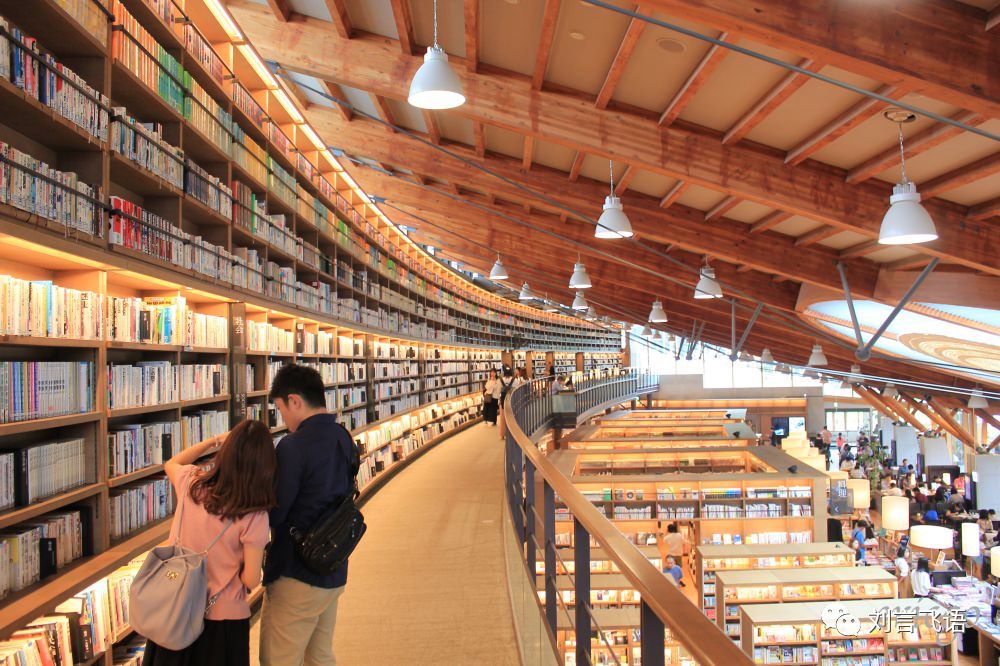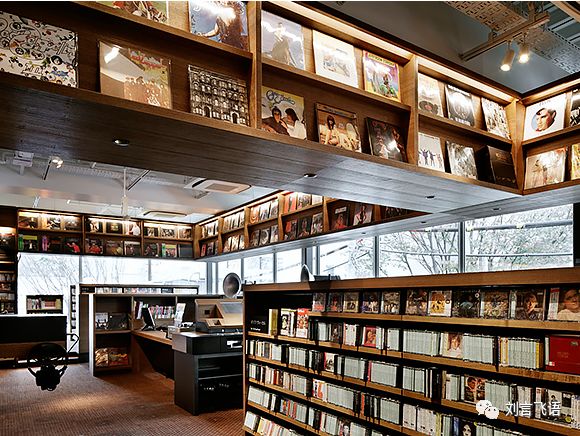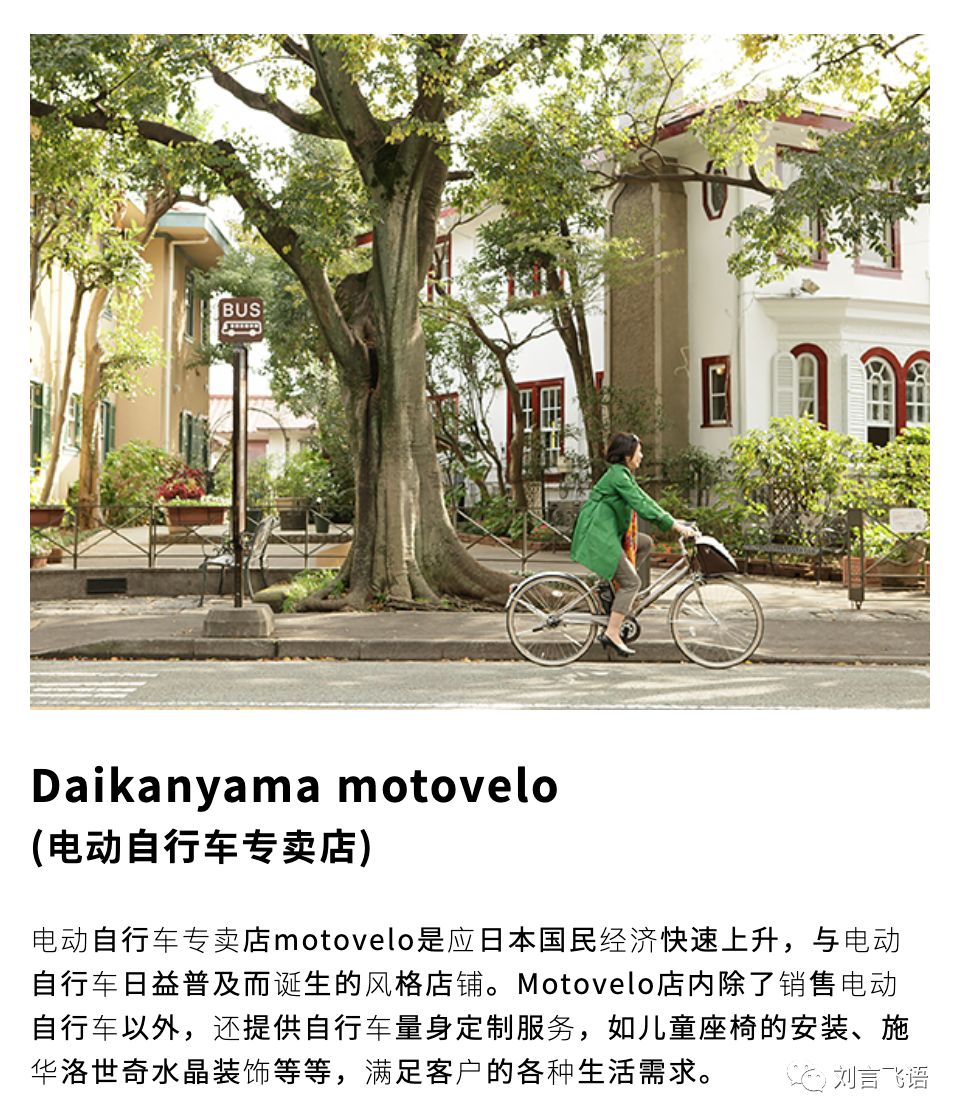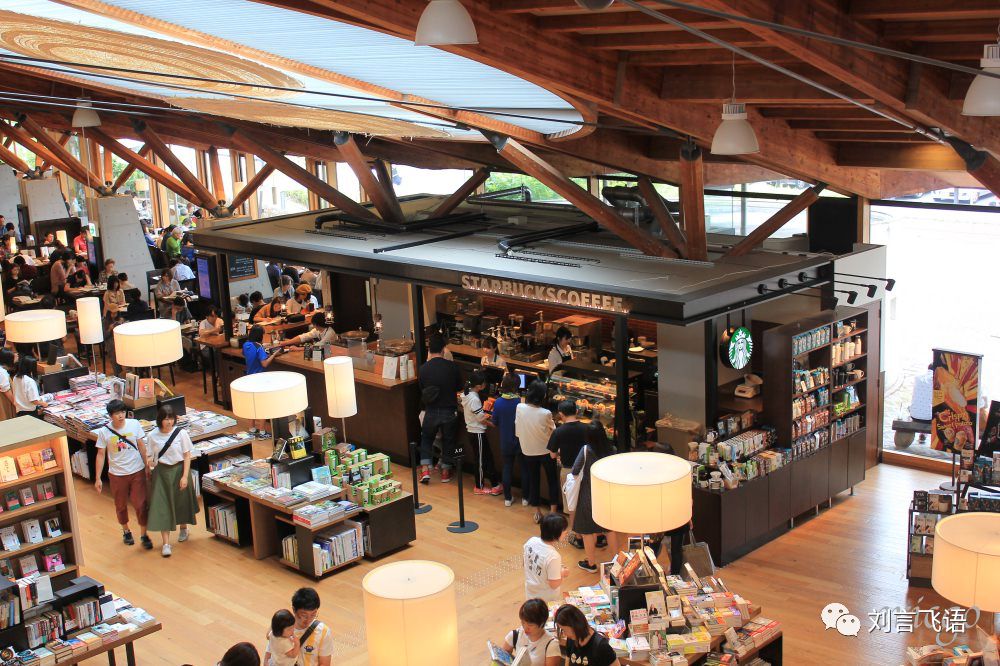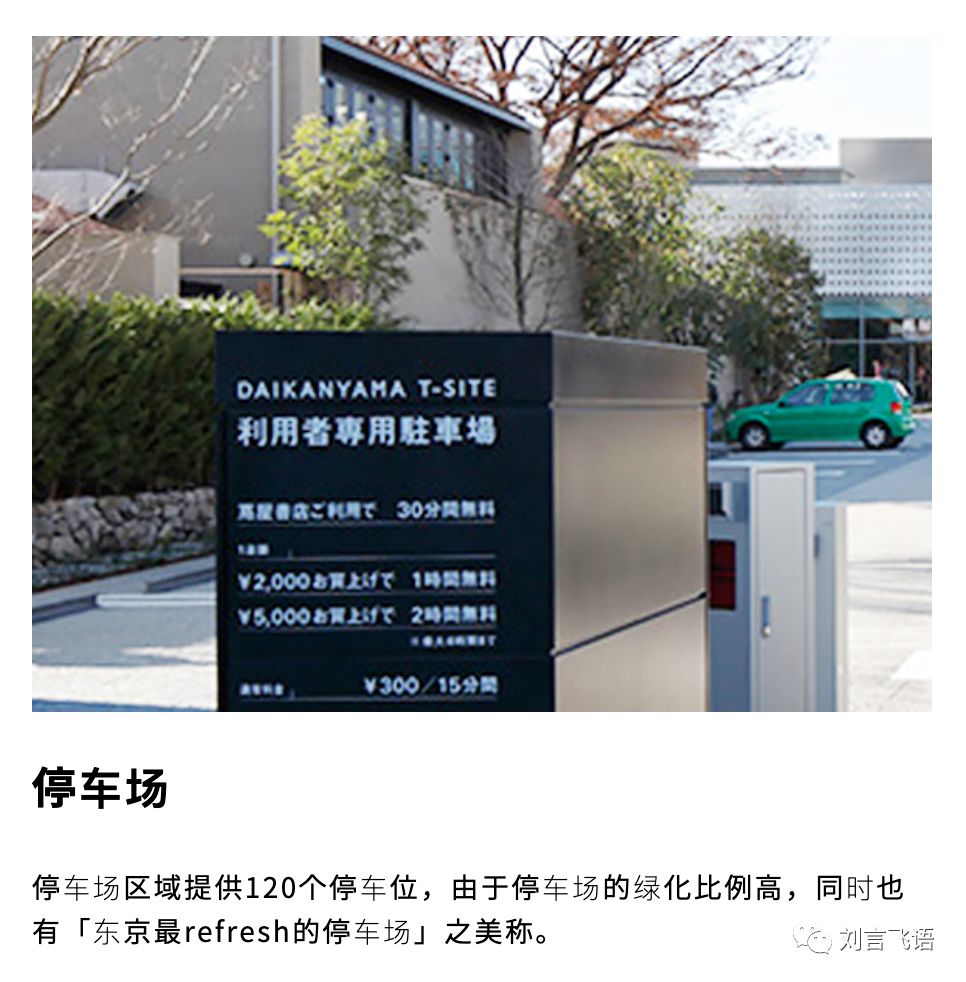“The problem with the bookstore is that it is selling books.”
Editor’s note: This article is from the WeChat public account “ Liu Yanfei language” (ID: liufeinotes), the author Liu Yanfei.
I have written an article about the dilemma of physical bookstores: Bookstore users and products. In Japan, where there is such a dilemma, there is an entity bookstore that has been very successful. There are more than 1,400 branches, and half of the young people in Japan have been there. Flavorwire, the US entertainment site, rated it as one of the 20 most beautiful bookstores in the world, with only four in Asia.
This bookstore is the squatter bookstore of Masuda Masato.
Recently read two books of Masuda Masato, “The Capital of Knowledge” and “The Philosophy of Squatter Management”, and I am very touched by many of them, and share with you.
“The value of planning is whether the plan can increase customer value.”
Zeng Tian Zongzhao is very convinced of “customer value” and is willing to break through the traditional approach to study what customers/users really need.
In the past bookstores, magazines and booklets were placed separately; travel guides, dictionaries, and comics were also placed separately. This seems to be reasonable by category, but it is not the same thing from the customer’s perspective.
For example, if you want to travel to Europe on a long vacation, where should you go to find a book? There are special topics in France and Italy in the magazine, and there are also some books in the tourist area. Books in the dictionary can also help to provide some common sense, and stories with a background in Europe can also help. In this way, the customer experience is actually bad.
This is what we often call “user scenarios.”
At its root, traditional bookstores regard themselves as “stores” rather than “buyers.”
In order to truly maximize the value of customers, the 茑屋书店 will hire a poleProfessional guide. Unlike ordinary clerk, they are experts in various fields. For example, the tourism guide is a journalist who has published more than 20 travel guides. The guide for cooking is the editor of the women’s magazine of the large Japanese publishing house. The music guide has even hosted 200 concerts. and many more.
This problem is even more apparent when assisting the renovation of the Wuxiong City Library. The library’s traditional collection management is a book classification method that was followed, and this classification was published in 1928 and could not keep up with the times.
Zengtian Zongzhao led the staff of CCC (Culture ConvenienceClub, the cultural convenience club, the main company of the squatter bookstore) to reclassify 180,000 books, and only followed one rule: to understand what this book is for. reader.
(Wu Xiong City Library, picture taken from ericgo.com)
There are only 50,000 people in Wuxiong City, and the annual turnover of the converted library has reached 1 million.
In addition, in summing up the reasons for the failure of the second bookstore (Xiangliyuan Store), Masuda Masuda also specifically mentioned: We are no longer thinking about problems from the perspective of customers. But when the location changes, the competitors will change and the environment in which the customers are located will change. The suburbs have been successful, but they will be lost in the city center. Because the city center can provide too many services to customers, there are competitors everywhere.
This is also a question about the “old experience” in user value. Without the old experience of a real user, it is difficult to accurately determine the value of the user.
“The problem with bookstores is that it is selling books.”
For domestic physical bookstores, “selling books” is a very painful thing and has to do other business models (bookstore users and products are also written.) The squatter bookstore has some meanings of “being happy”.
Zeng Tianzong even said that the problem with the bookstore is that it is selling books.
In addition to the above mentioned, as a “store” to “sell” books, the problem with traditional bookstores is that they only use themselves as a platform for selling books. The squatter bookstore never sells books.
In the Squatter Bookstore, DVDs and CDs are next to various music magazines and music books (in 2013, squatters borrowed 720 million DVDs and borrowed 2 billion music tracks). Next to the gourmet books may be kitchenware; next to the health books are treadmills; the book of beer culture history is even next to the British craft beer BrewDog IPA.
(The music and record area of Daikanyama·Sakuya Bookstore, taken from the official website)
For another example, in the squatter bookstore in Daikanyama, we are very concerned about the experience of elderly customers, so they did these things:
Building the most complete cooking (medical food and food) bookstore in Japan;
Considering that the elderly care about the issue of “death”, they set up a special book of religion, philosophy, and a biographical book about different people’s living methods;
Make older people happier and prepare books on travel, housing, cars, etc.
Older people like to get up early, bookstores and cafes are open at 7am;
In order to alleviate loneliness, a pet shop with a pet hospital was introduced;
In order to take care of the elderly with inconvenient legs and legs, a store selling electric mopeds was built;
In order to facilitate the wealthy elderly to buy gifts for children and grandchildren, the introduction of foreign environmental protection toy stores;
It is convenient for the elderly to ride and set up a taxi area.
(Introduction to the official website of Daikanyama·Sakuya Bookstore)
This extreme user thinking is amazing. And obviously, this squatter bookstore is no longer selling books.
“Reporting affiliates and PPT are all means.”
“Reporting associates” are the basic elements of Japanese office workers’ work, namely reporting, liaison, and negotiation.
Zeng Tianzong said that the newspaper association should have been a means to promote the smooth progress of the work, with the aim of making effective planning. However, too many Japanese employees have turned the newspaper affiliates into a purpose.
In fact, freedom is more demanding on people and easier to manage. It is impossible to make good planning by enjoying the employees who are managed.
The same is true for PPT, which Masuda said that many people demonstrate PPT but have no understanding of the content. When the content is asked, it will be revealed, and nothing can be answered.
This should be to explain something, only to make a PPT. But these people regard PPT as the end point and purpose, and do PPT in order to do PPT.
“Enterprises will be composed of designers.”
Zeng Tianzong Zhao mentioned that CCC has two core corporate concepts: customer value, lifestyle proposal.
The former is well understood, what is the latter? Masuda Masuda said that the lifestyle proposal refers to designing a way of life. He never thought that the squatter bookstore was selling books, DVDs, and CDs. It should be a complete experience for customers.
This reminds me of some brands, Haidilao, Xibei, Xicha and so on. In fact, they are not selling and drinking. Instead, it provides an additional service, which is a bit bigger and is a way of life.
Zeng Tianzong said that the capital is no longer strong, nor can it create a “proposal”, that is, it can not replace the design. This is the “knowing capital”. The knowledge here is the reserve of intellectual capital, and the external manifestation is the design ability.
At the same time, he also opposed “design” as an added value to “function.” He believes that design is also an indispensable essential value.
He even concluded that in the future business society, only designers can survive.
(Starbucks in the squatter bookstore. Image taken from ericgo.com)
My experience
As I have observed over the past few years, I have repeatedly mentioned: Being the essence of any product is to understand the user. Masuda Masahiro and CCC have deep enough understanding of bookstore customers.It is great to have them are willing to pay more for the value outside the book. Especially under the impact of e-commerce, as a traditional bookstore can suddenly rise, it is even more remarkable.
Zengtian Zongzhao believes that all operating costs for customer value can be accepted higher. Recruiting high-quality shopping guides, asking master designers such as the original researcher, costly renovation costs, etc., have greatly increased the operating costs of the bookstore, which seems to be wasteful. But in the “lifestyle” created by the squatter bookstore, this is reasonable. Finally, this model is also proved to be feasible.
In addition, Masuda said that efficiency is not equal to happiness. It is not efficient to move on a forest road that does not have a car, but there are certainly many people who are happy when they walk.
So when designing the Daikanyama store parking lot, he did not consider the mechanical lift three-dimensional garage, but insisted on the construction of a normal open-air parking lot with only 120 parking spaces, so that customers have to open the doors when they come out. Open comfort.
(Parking of Daikanyama·Sakuya Bookstore. From the official website.)
These are all the “capitalized capital” he mentioned. There is no way to be reflected in the balance sheet. Understanding the “happiness” of customers is much more difficult than understanding the “efficiency” of customers.
This is also the embodiment of the ultimate core value of the product manager. Many product managers will indulge in efficiency, growth, data, and commercialization, but in reality it is difficult to form core competitiveness. It’s not that efficiency, growth, data, and commercialization have no value, but that they have no barriers, a standard set of methods, or an analytical tool for data that is easy to replace.
In other words, what Zeng Tianzong Zhao mentioned as “hard to be reflected in the balance sheet” is what product managers should pursue. For example, the perception and insight of users, based on empathy.
Thinking of using a stereo garage to save space is easy, and it’s much harder to stick to the user value of an open-air parking lot.
